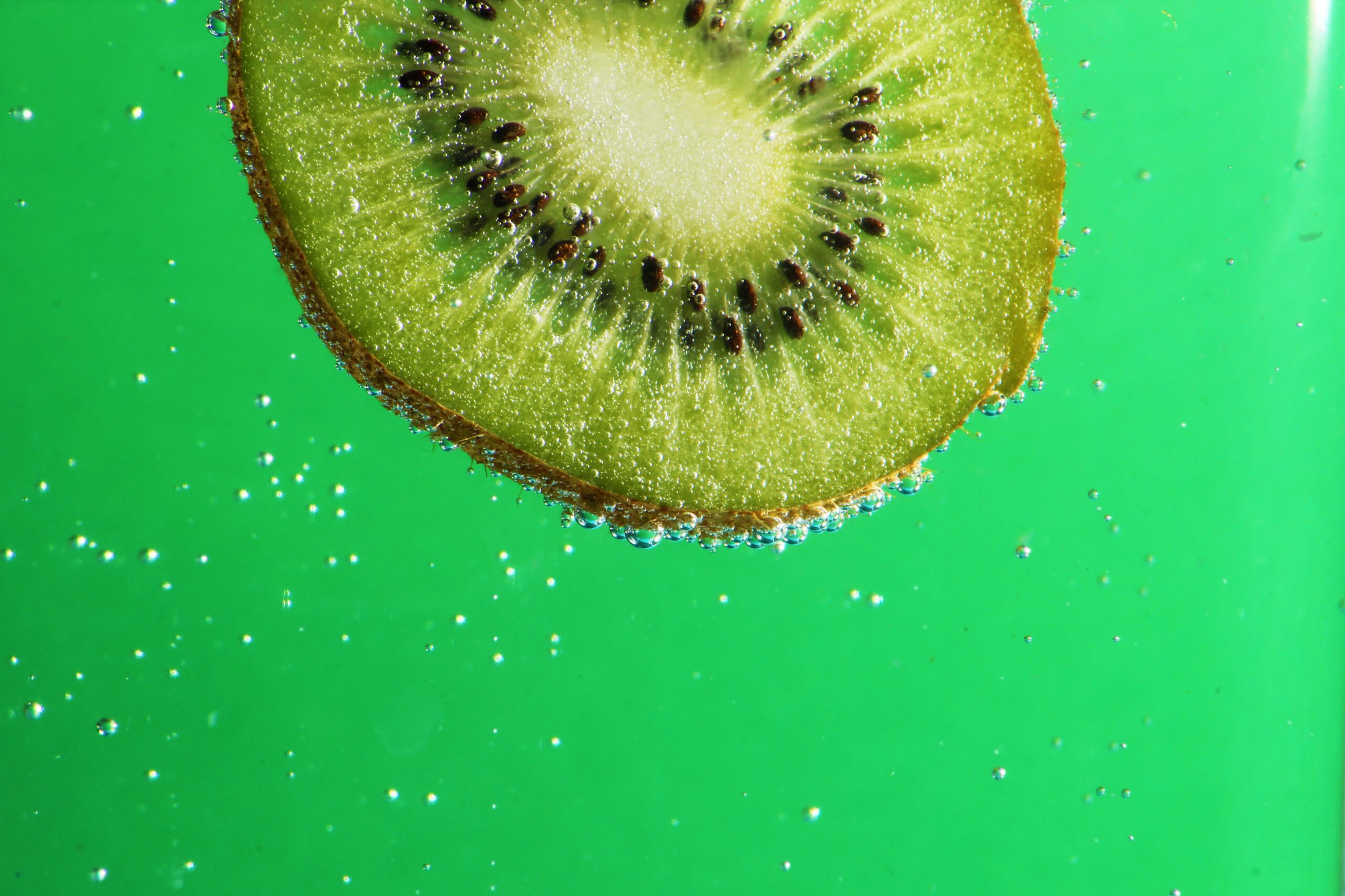PCOS Hair Loss
With so many variables that can lead to hair loss in women, the key to regrowing healthy hair is to address your unique root-causes.
In today’s article, I’m going to cover polycystic ovarian syndrome (PCOS) hair loss and talk more about this hormonal condition and how it impacts your mane.

Is PCOS Hair Loss Reversible?
Let’s tackle the tough question right away. Is PCOS hair loss is reversible?
It’s important to understand that outcomes are highly individual and dependent on many different factors. In some instances, inflammation that has unknowingly been allowed to persist for years can lead to irreversible structural changes; for example, leading to permanent damage of the hair follicle.
However, a root cause approach to health (also called, Functional Medicine) is an evidence-based way to reverse the drivers of disease, including those driving hair loss.
It’s critical that we view hair loss – whether it ends up being reversible, or not – as a clue pointing us to a deeper source of inflammation and imbalance that needs our attention.
Investing in your wellness and caring for your body is an act of self-compassion and love. It’s not specific results that should motivate us to make the critical changes to our habits, but our desire to be a good steward or caretaker of our body.
What results are possible for you? There is only one way to find out, and that is to start.
By addressing our individual root causes, we can feel better than many of us thought was possible. Imagine being able to finally break free of the symptoms you thought you were stuck “dealing with” like gas and bloating, period pain, frequent headaches, skin rashes and acne, uncontrollable cravings, unrelenting anxiety and fatigue – – and, for some women, by addressing their root causes of inflammation they are able to experience decreased hair shedding and hair regrowth.
Is PCOS a Root Cause of Hair Loss?
If you’ve been diagnosed with PCOS, can you say that this is the root cause of your hair loss?
Answer: No.
From a functional medicine perspective, clinical features such as high androgen levels or ovarian cysts are considered to be symptoms but not root causes. Likewise, a diagnosis of PCOS is also not considered a root cause.
At first, this may be baffling. So, to help clients understand this concept, I like to explain it like this: A diagnosis of PCOS is the “what”, but it is not the “why”.
A root cause approach asks us to go deeper than surface level symptoms, abnormal lab values, or diagnosis and ask why these things have arisen. It requires us to acknowledge that health issues do not occur in a vacuum and that there are often modifiable factors we can engage with to reduce chronic inflammation and promote well-being.
What Are Androgens?
One of the key diagnostic criteria for PCOS is elevated serum androgens. Androgen hormones (including DHEA, DHEA-S, testosterone, and DHT) are often characterized as “masculinizing”. Yet, women need these hormones too, but only in small amounts when compared to male hormone levels.
When androgen hormone levels become too high we may start to notice issues associated with androgen-dominance such as irregular periods, acne, unusual hair growth (hirsutism), and even hair loss.
Of the androgens, dihydrotestosterone (DHT) is the one most commonly associated with hormonal hair loss in women. Testosterone can be converted into DHT by an enzyme called 5α-reductase. DHT is an even more potent and powerful androgen than testosterone (meaning it has even more masculinizing properties) and it readily binds to hormone receptors on our hair follicles. When this happens and DHT binds to the receptor, it has the ability to shorten our hair’s growth phase (called the anagen phase) and lengthen the hair’s rest phase (called the telogen phase). Less growing, more resting leads to thin or sparse looking hair.
The increased levels of androgenic hormones may also lead to changes in your scalp’s microbiome and contribute to inflammation around the follicles, potentially worsening hair loss.

A Root Cause Approach to High Androgens
In the functional medicine root cause model elevated androgens are still considered to be a symptom. The next step is to ask, “Why are these elevated?” and explore those root causes.
One of the top root causes of high androgen levels is high insulin levels or insulin resistance. In fact, insulin resistance may impact 50-70% of women with PCOS.
Insulin is a hormone made in your pancreas that serves to transport sugar from your bloodstream to the cells that need it for energy. Any of this blood sugar (also called blood glucose) that isn’t immediately needed by your cells gets stored for later use.
Insulin’s activities are critical to your survival, as your body can only tolerate slight fluctuation in your blood glucose—too high, or too low, and we die.
What we want to be is insulin-sensitive – meaning that the insulin our body produces will be able to take care of the glucose we ingest, no problem. But we can become ‘insulin resistant’, meaning that what used to be enough insulin to carry the glucose is now not enough. This resistance of cells to the actions of insulin leads to higher levels of insulin as our body continues to try to regulate our blood glucose levels.
Over time, it’s possible that our body won’t be able to maintain that high level of insulin output to properly manage our blood glucose. When this happens and insulin resistance is allowed to advance we can eventually develop type 2 diabetes, characterized by insulin resistance and insulin insufficiency.
We don’t need to reach the point of developing type 2 diabetes to care about our level of insulin-sensitivity. Even in healthy individuals, poorly regulated blood glucose can lead to significant inflammation. On top of that, insulin levels and our androgenic hormones are closely related, leading some researchers to go so far as to classify insulin as a reproductive hormone.
High levels of insulin can up-regulate the hormone pathways that produce androgens, which is why I classify it as a root cause of elevated androgens. High insulin can also suppress levels of sex-hormone binding globulin (SHBG), increasing how much hormone is available to potentially cause hair loss. On top of all this, researchers have found that suppressing insulin levels with medication can also decrease levels of the androgen testosterone helping to solidify what we understand about their relationship.
Even though it may be one of the most common, elevated insulin levels are not the only root cause of elevated androgens in PCOS. Ready to dig into the unique sources of inflammation leading to hormone imbalances and hair loss? Learn more about working with me here!



